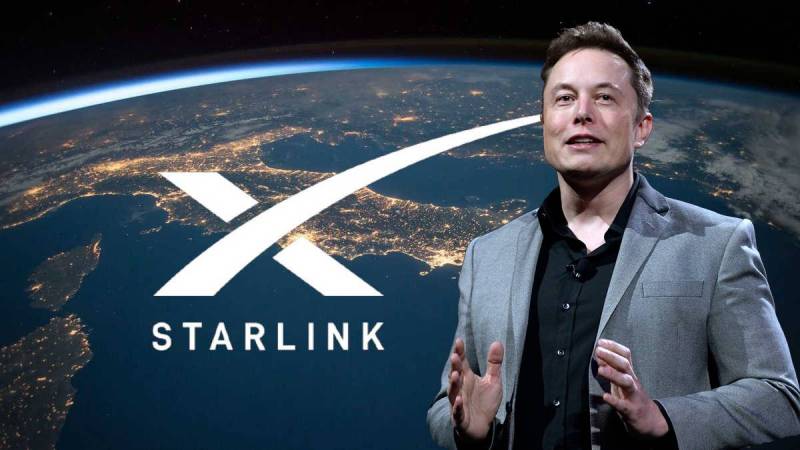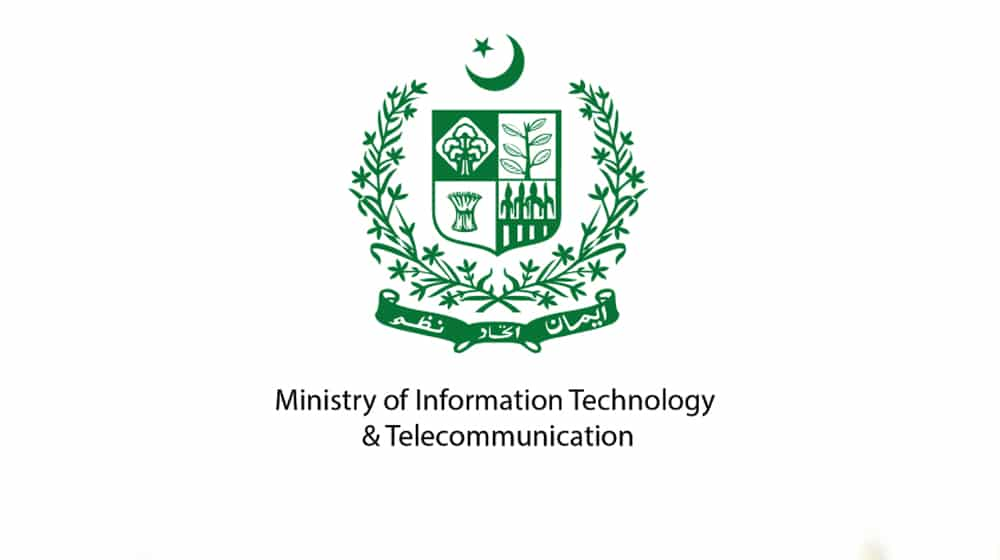Starlink Faces Licensing Delays in Pakistan Due to Regulatory and Technical Challenges
The Ministry of Information Technology and Telecommunication (MoIT&T) of Pakistan has confirmed that Starlink, a leading satellite broadband service provider, has not yet obtained the necessary license to operate within the country.
In a recent statement submitted to the National Assembly of Pakistan, the Ministry disclosed that the approval process for Starlink’s license has been delayed due to the company’s non-compliance with the technical and regulatory framework mandated by the government. A key issue cited by the Ministry is the potential interference between Geostationary Satellite Orbit (GSO) and Non-Geostationary Satellite Orbit (NGSO) systems, which has contributed significantly to the delay.
READ MORE: Iran to Take Pakistan to Paris Court Over Gas Pipeline Delay
Official documents reveal that Starlink, along with other satellite broadband and Low Earth Orbit (LEO) satellite operators, are eager to begin operations in Pakistan. However, none of these companies have met the licensing requirements necessary for a commercial launch in the country.
Starlink, a subsidiary of SpaceX, has been actively working to establish its services in Pakistan. The company registered with the Securities and Exchange Commission of Pakistan (SECP) in December 2021 under the name “Starlink Internet Services Pakistan (Private) Ltd.” In February 2022, Starlink applied for a Long Distance and International (LDI) license with the Pakistan Telecommunication Authority (PTA). Despite the excitement surrounding Starlink’s potential market entry, the Ministry clarified that no satellite broadband company, including Starlink, has fully complied with the licensing prerequisites for commercial operations.
The Ministry further noted that Starlink is not the only satellite broadband provider interested in entering the Pakistani market. Other international LEO and Medium Earth Orbit (MEO) satellite operators have also expressed their intent to operate in the country. However, all such entities must first meet the technical, regulatory, and security standards set by various national bodies, including the PTA and the Frequency Allocation Board (FAB). The delay in Starlink’s license approval is attributed to thorough evaluations conducted by multiple stakeholders, including the Strategic Plans Division (SPD) and the Space & Upper Atmosphere Research Commission (SUPARCO). These agencies have raised several concerns regarding the technical, regulatory, financial, and commercial aspects of Starlink’s proposed operations.
Despite ongoing discussions with Starlink, the company has not yet sufficiently addressed these concerns, leading to an extended licensing process.
The regulatory landscape for space activities in Pakistan was only recently clarified with the approval of the National Space Policy (NSP) in December 2023, followed by the Pakistan Space Activity Rules (PSARB) in February 2024. These regulations are now being followed by Starlink and are applicable to any other NGSO/LEO operators seeking to start operations in Pakistan. The absence of a clear registration and regulatory framework before these policies were implemented further complicated Starlink’s application process.
Moving forward, Starlink is required to adhere to these new regulations to continue its efforts to obtain the necessary approvals for launching its services in Pakistan.




